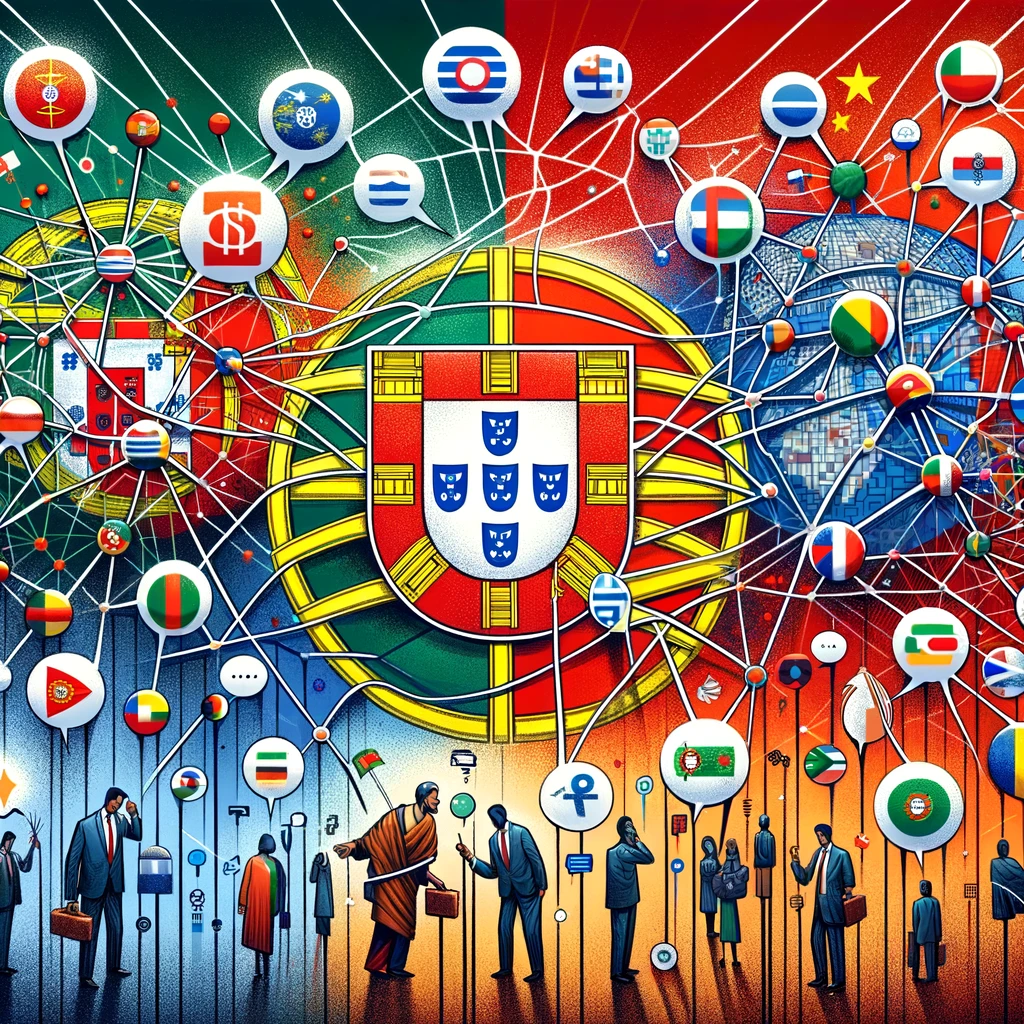
The recent political turn in Portugal, with the election of a center-right government, has aroused varied reactions around the world, especially among BRICS countries (Brazil, Russia, India, China and South Africa). Each member of this group of emerging nations has their own perspective on the changes in Portugal and their potential implications.. This article seeks to explore and contrast these diverse views, citing official sources and statements.
Brazil: Brazil, with its deep historical and cultural connection with Portugal, has been watching the elections with great interest. According to “Folha de S.Paulo”, “the victory of the center-right in Portugal raises both opportunities and challenges for Brazil, opening paths for new economic dynamics, but also instigating concerns about migration policies” (Folha de S.Paulo, 2024). Brazil sees the new Portuguese administration as a chance to strengthen economic ties, while fearing restrictions on immigration that could affect the large Brazilian community in Portugal.
Russia: The Russian perspective, as reported by “Izvestia”, appears to be more strategic and focused on geopolitical implications. “Portugal's election shows Europe's growing tilt toward center-right governments, what can reconfigure alliances and power relations on the continent” (Izvestia, 2024). Russia is especially interested in how political changes in Portugal could affect European foreign policy, including sanctions and relations with Russia.
India: The India, on the other hand, appears to adopt a more pragmatic approach. According to the “The Times of India”, “The election in Portugal is seen through an economic lens, with India seeking to understand how the new Portuguese government can influence trade relations and investments between the two countries” (The Times of India, 2024). The focus is on market and investment opportunities, particularly in sectors such as technology and infrastructure.
China: The Asian giant, represented by “Global Times”, highlights the aspect of stability and continuity. “Although the change of government in Portugal indicates a possible political reorientation, China maintains its position of strengthening bilateral relations, regardless of internal changes” (Global Times, 2024). China sees Portugal as an important strategic partner in the European Union and seeks to maintain a stable relationship that favors its economic and geopolitical interests.
South Africa: The South African perspective, presented by “Mail & Guardian”, focuses on collaboration within the BRICS context. “South Africa closely watches the elections in Portugal, assessing how the new government can influence collaboration within the BRICS group and support for African issues” (Mail & Guardian, 2024). There is a particular interest in understanding how Portugal, under new leadership, can affect dynamics within the BRICS and support African interests on the global stage.
The election in Portugal is seen by BRICS countries from different perspectives, reflecting a variety of economic interests, political and strategic. These divergences of analysis highlight the complexity of contemporary international relations and the importance of Portugal on the world stage.. As the new Portuguese government begins to define its domestic and foreign policy, BRICS members will continue to assess and react to changes, seeking opportunities and navigating challenges that arise.
